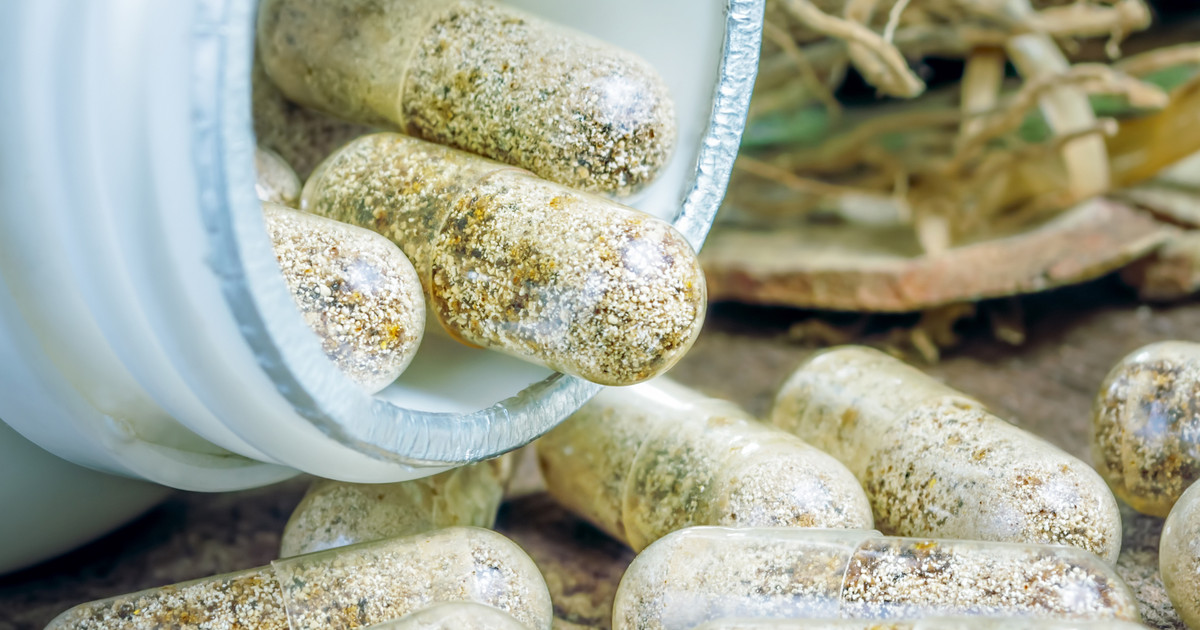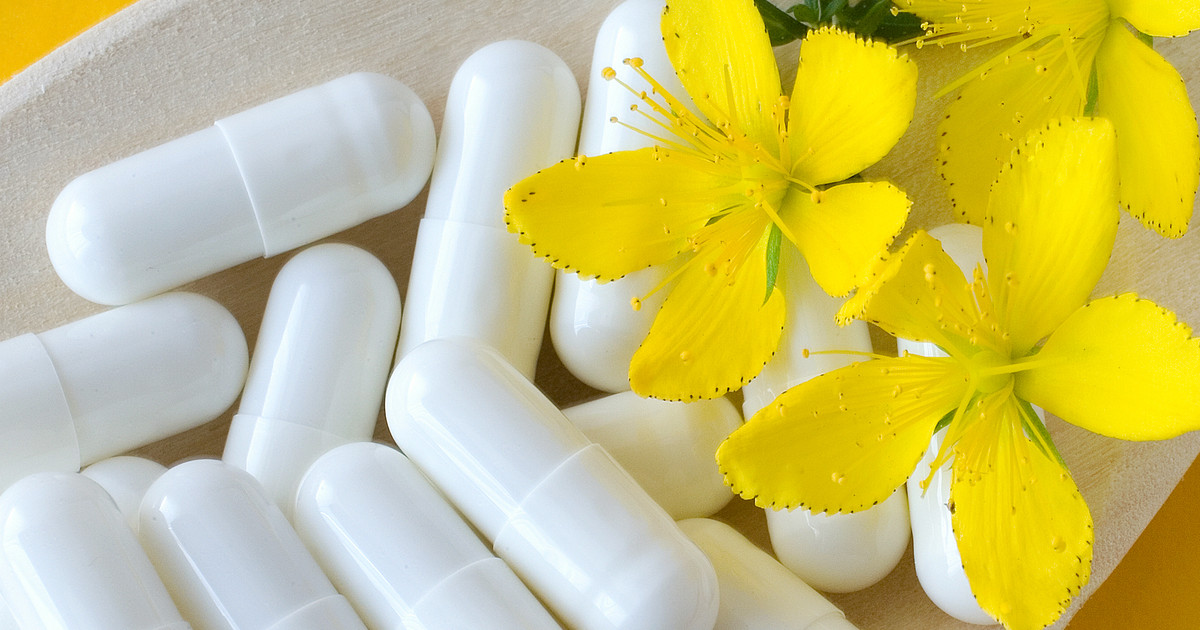Overview Of Supplements And Medications That Raise Blood Pressure
Ginseng

Some research suggests that ginseng increases blood pressure levels, especially when used for the first time. Doctors have advised individuals with high blood pressure to avoid using the supplement for this reason. A 2016 review and meta-analysis of clinical trials concluded that ginseng did not significantly impact diastolic blood pressure, systolic blood pressure, or mean arterial pressure. Komishon and Shishtar conducted this review. The review noted that ginseng contributed to mild improvements in systolic blood pressure readings for patients with diabetes. It also found that ginseng appeared to have neutral effects on the vascular system. They recommended that ginseng use should not be discouraged due to concerns about increases in blood pressure.
However, further research is necessary to determine if ginseng is safe for regular use in hypertension patients. Patients who have heart disease are advised to use ginseng with caution. Individuals should check with their doctor about if ginseng is safe for their overall health. Ginseng should never be used in combination with caffeine. The reason is that this may lead to dangerous increases in heart rate and blood pressure. Patients who are interested in supplementing with ginseng should ask their doctor for advice about a safe dose.
Reveal more supplements that raise blood pressure now.
St. John's Wort

St. John's wort is an herbal supplement. While some studies indicate that it may help treat mild depression, it has been shown to increase blood pressure. Thus, it is not recommended for hypertension patients. Case studies suggest that the herb may also have dangerous effects on blood pressure in individuals without hypertension. For example, a case study of a forty-one-year-old male reported that he experienced a hypertensive crisis after using St. John's wort for seven days. The patient had followed the dosing instructions on the package, and he was not taking any other medicines. The man was admitted to the emergency room after experiencing delirium. His blood pressure was recorded at 210/140 mm Hg.
Patients are encouraged to try prescription antidepressants instead to avoid the potentially dangerous effects associated with St. John's wort. St. John's wort could cause serious side effects if combined with other medicines. Thus, patients should always let their doctor know that they are using this supplement.
Discover more medications that raise blood pressure now.
